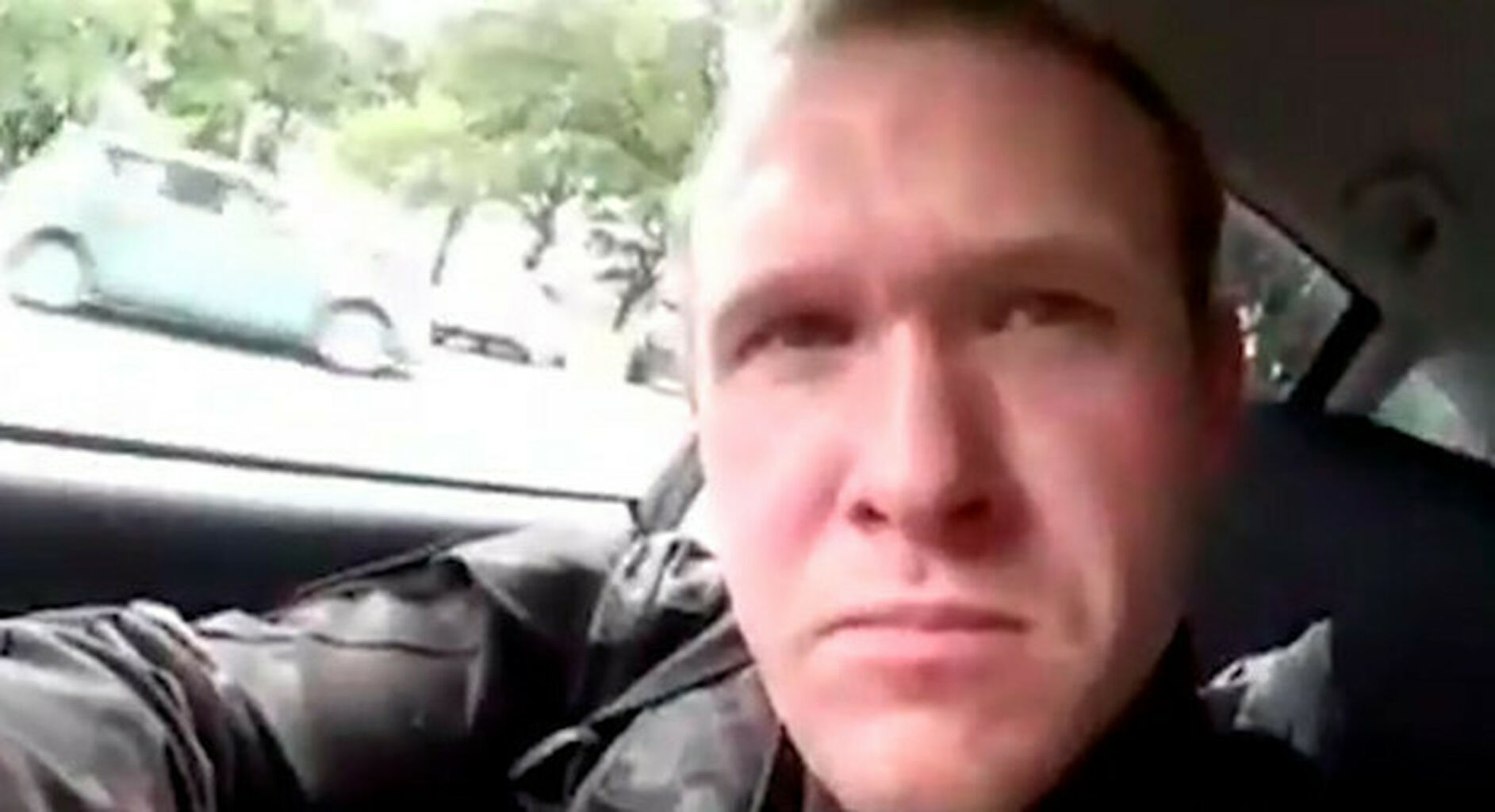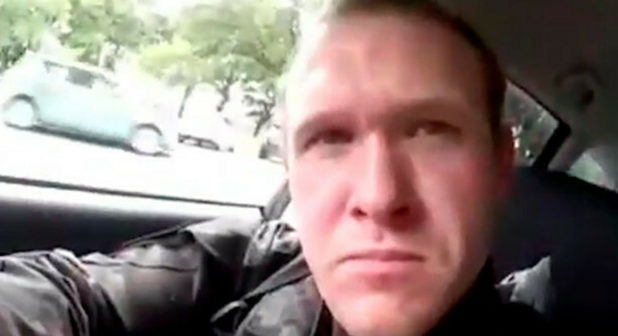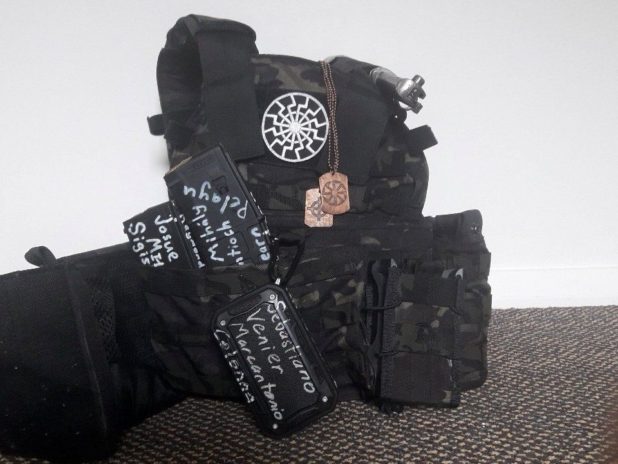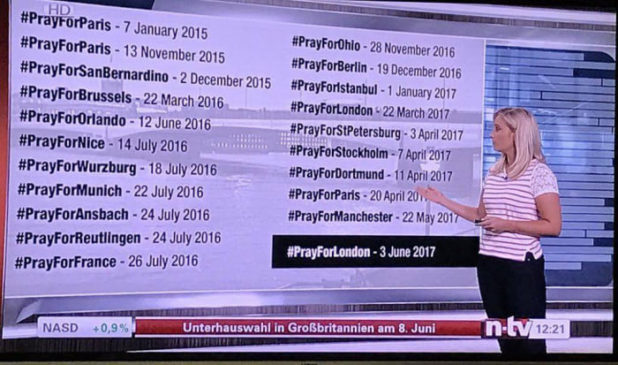Andrew Anglin
Daily Stormer
March 20, 2019
In Brenton Tarrant’s manifesto, he acknowledges that the act was technically terrorism, by the accepted definition of the term. But he argues that he is actually a partisan, fighting back against an occupying force.
Though the definitions of “terrorist” and “partisan” are such that there is a lot of overlap and one could probably be considered both at the same time (especially given that the definition of the former is broad and vague), the bottom line is that a terrorist is an illegitimate combatant and a partisan is a legitimate combatant. Tarrant made a concerted effort to ensure that he meets the definition of a partisan.
In the Q&A section, Tarrant writes:
Do you consider it a terrorist attack?
By the definition, then yes. It is a terrorist attack. But I believe it is a partisan action against an occupying force.
Further, he states plainly what his defense will be at trial:
If you survived, did you intend to go to trial?
Yes, and to plead not guilty. The attack was a partisan action against [an] occupying force, and I am a lawful, uniformed combatant.
A partisan is defined thusly:
A member of an armed group formed to fight secretly against an occupying force, in particular one operating in enemy-occupied Yugoslavia, Italy, and parts of eastern Europe in World War II.
Wikipedia has the historical context of the concept pre-WWII:
The initial concept of partisan warfare involved the use of troops raised from the local population in a war zone (or in some cases regular forces) who would operate behind enemy lines to disrupt communications, seize posts or villages as forward-operating bases, ambush convoys, impose war taxes or contributions, raid logistical stockpiles, and compel enemy forces to disperse and protect their base of operations.
Under international law, no distinction is made between a soldier and a partisan, and a partisan is considered a soldier so long as he meets four requirements:
- There is someone at the head of the organisation, who assumes liability
- They can be identified by a sign or mark, which is visible from far away
- They carry their weapons openly
- They adhere to the customs and laws of war, during their operation
Though Brenton was not a member of an organization, he assumed liability for his own actions. He also included a section in his manifesto about contacting the reborn Knights Templar, the group of Anders Breivik, and getting their blessing, which I suspect he included to fulfill the first requirement.
He wore a uniform with a visible military insignia.
And he carried his weapons openly.
People would try to argue that he did not adhere to the customs and laws of war, which are defined by the Hague Conventions of 1899 and 1907, because he attacked unarmed persons. However, the fact that the mosque he attacked had been caught recruiting terrorists means that it qualifies as a military base and could thus be considered a legitimate military target.
Unsurprisingly, Jewish partisans who fought against the Nazis on the Eastern Front have been celebrated as heroes, despite the fact that they were engaged in terroristic tactics that violated the laws and customs of war.
So the real world difference in definition between a terrorist and a partisan is thus:
- A partisan must be fighting in his own lands against a foreign force, whereas a terrorist is either fighting against his own people or the government of a foreign power
- In order to be considered a partisan instead of a terrorist, you have to win
The argument of the current Western globalist regime is that the Moslems of Christchurch are “New Zealanders” because they live there, and thus a white man fighting them is fighting against his own people. Because the governments of our countries are a completely autocratic, authoritarian force, they are not under any obligation for their assertions to make any sense.
Right now, it is looking as though the government of New Zealand is planning to do some kind of secret trial for Brenton Tarrant, who has said that he will be representing himself in court.
Obviously, there are a lot of different reasons they would not want to allow him to have a public platform at a normal trial. Certainly, they don’t want him to appear sympathetic to anyone, which would be impossible to avoid. We have all seen the comments sections and Facebook posts wherein very normal people are saying “I don’t agree, but I understand.”
In fact, they have been unable to get any kind of public outpouring of support for the dead. Although I think most people find the action itself distasteful, there have simply been so many of these random attacks on white people that when the reverse happens, the best you can get people to do is shrug.
They certainly do not want the meme of “partisan not terrorist” out there. This provides a rhetorical device for people who fundamentally understand and sympathize with Tarrant’s actions but do not currently have the language to express this beyond “all he did was what they do to us all the time.”
So much of the 1984 social control grid’s power is in denying people the language to describe their emotional reactions, which is why in the immediate aftermath of the even, people on the left were more focused on attempting to force a “terrorist” label on Tarrant than they were on attempting to get any kind of “#PrayFor” campaign going.
Because in fact, the #PrayFor phenomenon is in itself a way to deny people the ability to express themselves. While it allows people to vent emotion, it is essentially a form of tactical nihilism, a statement that there is no real world action that can be taken to prevent Moslems from killing you. This was made explicit by Alexandria Ocasio-Cortez coming out after the Christchurch event and condemning prayer as a response.
Because of course, while there is allegedly nothing they can do to stop Moslems killing whites, they believe there are a litany of real world actions they can take to stop whites killing Moslems, including censorship, creating databases of white nationalists and even prosecuting white nationalists for their beliefs.
We have to recognize the threat of white nationalism. We’ve got to call it out. As President of the United States, my Justice Department would go after white nationalists with full prosecution. #WarrenTownHall
— Elizabeth Warren (@ewarren) March 19, 2019
While I am not the least bit excited about what Tarrant’s act means – it is effectively the beginning of a civil war – the fact is that we are in this situation now and there is nothing we can do about it. There never was anything we could do about it. It was always going to happen this way. So all we can do is deal with it.
We shouldn’t apologize for Brenton Tarrant or the many more who will inevitably follow him with similar acts. Nor should we ever endorse them. However, because we have no ability to stop these events from happening, we have no choice but to deal with them, in the same way that the government and media cannot stop Moslem terrorist attacks but can only manage the public perception of them in the larger context of society.
The context of “partisanism” is key to framing these events, and it should be relied upon heavily. The basic position should be: “I do not support these acts, but calling them terrorism is dishonest. Brenton Tarrant viewed himself as a partisan, and it is clear that his actions meet the definition of that term.”




